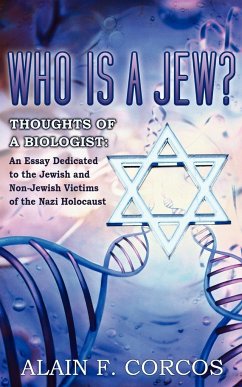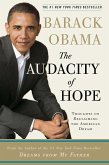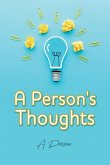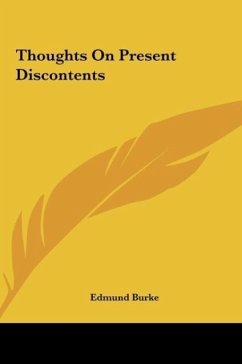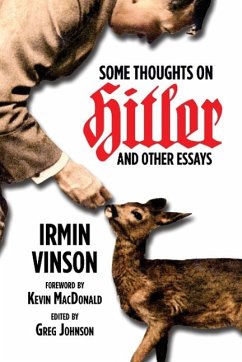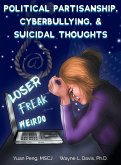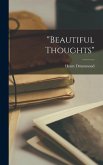I lived with my parents and my brother in southern France under the German occupation from 1940 to 1944. We did not practice any religion, but we were Jews according to Hitler because of our ancestry. And since we had "Jewish blood" we were destined to perish. My direct family survived, which is attributed to them refusing to have anything to do with "racial" laws. However, I lost two uncles, two aunts, and two cousins in death camps. In March 1944, my brother and I, seventeen and eighteen years old, respectively, escaped from France through the Pyrenees, surrendered to the Spanish police, and were jailed for a week in Spain. We gained our freedom by being exchanged for two hundred pounds, each, of American wheat. We joined the Allied forces in North Africa and eight months later we landed in America to be trained as Air Force personnel. When the war was over, I came back to France and headed the family flower farm. I found that the methods for raising flowers were medieval and I decided to go back to the U.S. to learn more modern techniques. I landed in New York City on my way to San Luis Obispo, California, where I became a student in horticulture -- although my degrees are in botany and plant pathology. I taught, as a university professor, in genetics, and I have always considered myself a geneticist. I never forgot my experience in France as a teenager, and I never accepted the idea that I was considered a Jew because my ancestors were. My knowledge of genetics gave me a categorical answer to the eternal question of "Who is a Jew?" The answer is: Someone who follows the rites of Judaism. Jews belong to a religious federation -- no matter how loose it is. It is their religion that separates them from the world, not something biological such as genes.
Hinweis: Dieser Artikel kann nur an eine deutsche Lieferadresse ausgeliefert werden.
Hinweis: Dieser Artikel kann nur an eine deutsche Lieferadresse ausgeliefert werden.

